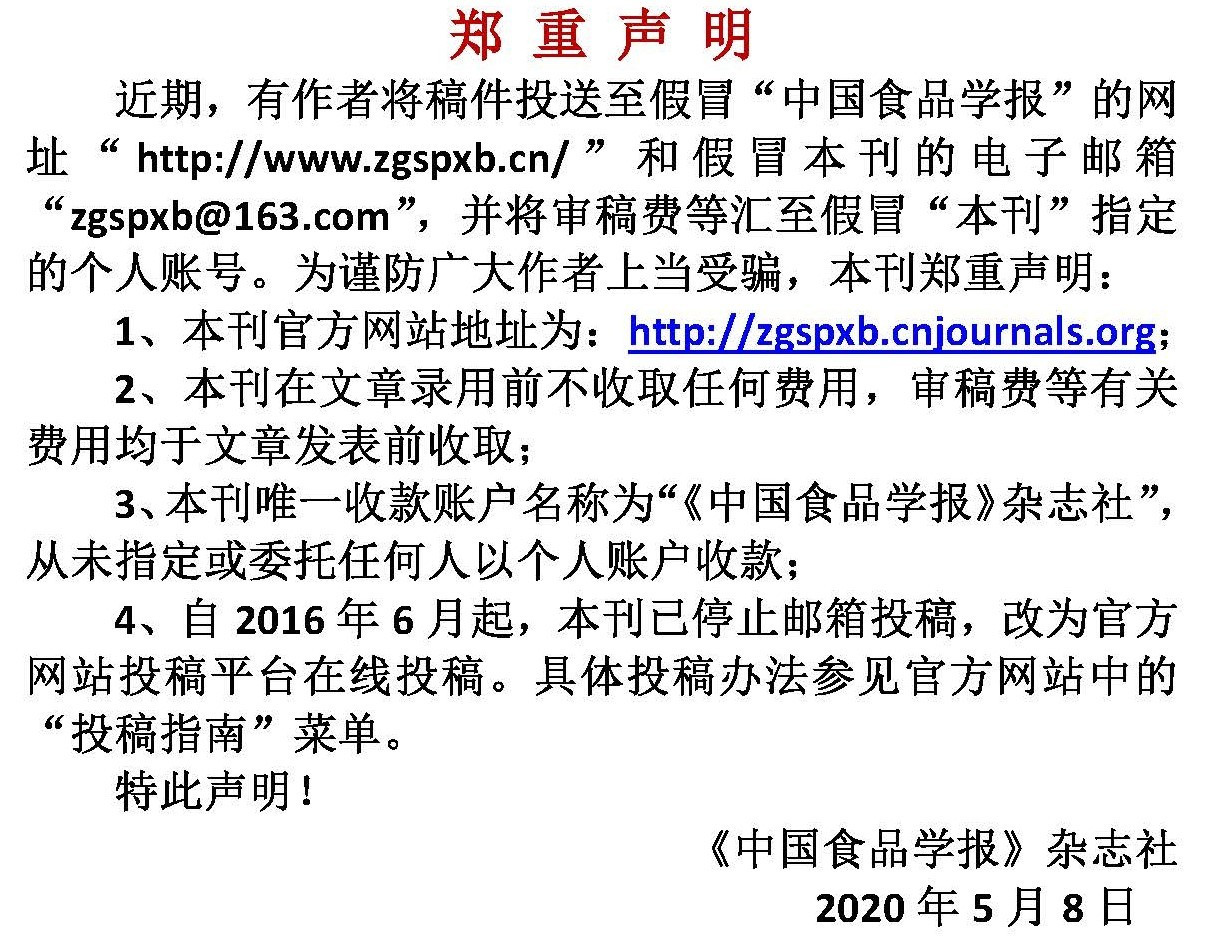荞麦壳黄酮诱导人肝癌HepG2细胞凋亡和抑制迁移的机制
作者:
作者单位:
(1.吉林农业大学食品科学与工程学院 长春 130118;2.梧州学院食品与制药工程学院(六堡茶现代产业学院) 广西梧州 543002)
作者简介:
通讯作者:
中图分类号:
基金项目:
吉林省科技发展计划项目(20200403159SF)
Mechanism of Buckwheat Hull Flavonoids in Inducement Apoptosis and Inhibiton Migration of Human Hepatocellular Carcinoma HepG2 Cells
Author:
Affiliation:
(1.College of Food Science and Engineering, Jilin Agricultural University, Changchun 130118;2.School of Food and Pharmaceutical Engineering (Guangxi Liupao Tea Modern Industry College), Wuzhou University, Wuzhou 543002, Guangxi)
Fund Project:
引用本文
姜鑫,李天竹,王玥,刘子琦,王秀娟,朴春红.荞麦壳黄酮诱导人肝癌HepG2细胞凋亡和抑制迁移的机制[J].中国食品学报,2024,24(7):36-46
复制分享
文章指标
- 点击次数:
- 下载次数:
- HTML阅读次数:
历史
- 收稿日期:2023-07-04
- 最后修改日期:
- 录用日期:
- 在线发布日期: 2024-08-22
- 出版日期:
文章二维码

版权所有 :《中国食品学报》杂志社 京ICP备09084417号-4
地址 :北京市海淀区阜成路北三街8号9层 邮政编码 :100048
电话 :010-65223596 65265375 电子邮箱 :chinaspxb@vip.163.com
技术支持:北京勤云科技发展有限公司
地址 :北京市海淀区阜成路北三街8号9层 邮政编码 :100048
电话 :010-65223596 65265375 电子邮箱 :chinaspxb@vip.163.com
技术支持:北京勤云科技发展有限公司
